Is Wagyu the same as Kobe beef?
Kobe beef is produced from Wagyu cattle – specifically the Kuroge (black) cattle breed. Kobe refers to a region in Japan, so all Kobe is Wagyu but not all Wagyu is Kobe.
I’ve had Wagyu before and didn’t notice much difference. What’s the big deal about it?
The Wagyu you experienced was probably either a ground beef blend that includes some Wagyu, or “American Wagyu” – which comes from crossbreeding Wagyu with Angus or other breeds of cattle. If you experience highly marbleized full-blood Wagyu, the difference will be obvious and delightful.
With all that fat, isn’t Wagyu a heart attack on a plate?
The fat in Wagyu is healthier than the chewy steak fat you’re probably used to. It’s more similar to the fat in olive oil – based on monounsaturated omega-9 fatty acids, which are used to reduce cholesterol.
Why is Wagyu so expensive?
The cost of Wagyu reflects its rarity. Fewer than .02% of all beef cattle in the United States are certified full-blood Wagyu. That rarity is reflected in the cost of buying the genetics for breeding. Wagyu also takes twice as long to mature as Angus and other American breeds, which means twice as much feed, labor and land.
Do you massage Wagyu and sing to them?
No, we just let them be themselves. Although sometimes we’ll sing to ourselves while working, and they don’t seem to mind it. The idea of massaging Wagyu comes from a much older practice in Japan of massaging draft animals during winter to keep their joints loose for work in the fields.
How long will it stay fresh?
We ship our Wagyu cuts frozen to prevent spoilage. It stays good for up to a year. Once thawed, it should be used within a few days.
How do you cook Wagyu?
With beef this tender and flavorful, less is more. We like salt and pepper, and then grilled. But it really depends on the cut. Japanese style is to slice it thin and briefly grill it over high heat. You’ll find lots of suggestions on our website under the recipes page. Here’s the most important thing: The fat that makes it special melts at extremely low temperatures; whatever method you use, don’t overdo it.


